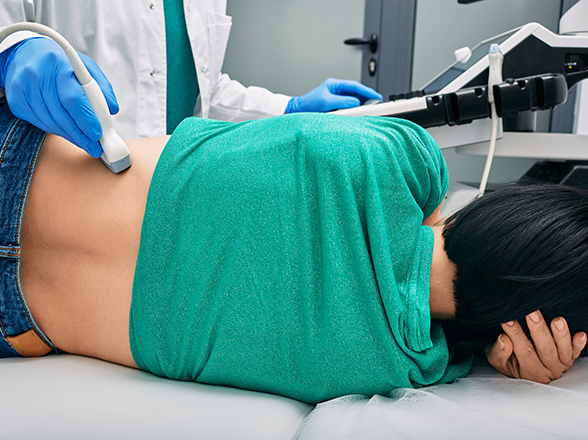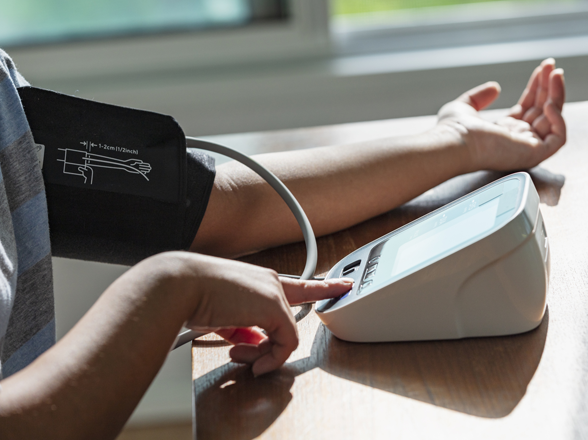Menopause is frequently seen in a negative light, but keep in mind that this stage of life offers a powerful opportunity to invest in your long-term health—especially your heart.
To understand menopause, it’s first important to understand the role estrogen plays in our lives.
Estrogen plays a vital role throughout a woman’s life. Beyond its function in regulating the reproductive system, it also supports the health of bones, blood vessels, and muscles—including the heart.
During your reproductive years, your body produces higher levels of estrogen. Then, as you transition into menopause, estrogen levels decrease, and your risk of heart disease and stroke increases. This is important to note because when you have higher estrogen levels, it helps lower inflammation, increases good cholesterol and decreases bad cholesterol.
When estrogen decreases, it signals the onset of menopause.
What is menopause?
Menopause is a biological process defined as the point when your period stops completely and hasn’t returned for 12 consecutive months, marking the end of your reproductive years. This transition begins with perimenopause, the phase leading up to menopause when your hormone levels fluctuate and your body starts moving out of its reproductive years. During this time, you may notice changes or irregularities in your menstrual cycle. Keep in mind, menopause is a gradual process and is different for everyone.
Here’s how each stage of menopause impacts your heart and brain health.
- Perimenopause: Perimenopause is the transition to menopause, marked by menstrual irregularities and symptoms such as hot flashes, sleep problems, and mood changes.
- Menopause: Menopause is defined as the point when your period stops completely and hasn’t returned for 12 months in a row. This can occur naturally with age or be triggered by medical or surgical interventions.
- Postmenopause: Postmenopause is the stage of life after menopause. It’s a natural part of aging and a phase that continues for the rest of your life.
Some may be relieved or unbothered by this transition into a new phase of life, though it does tend to have some common symptoms, such as:
Signs and symptoms of menopause
- hot flashes
- severe sweating
- sleep disturbances
- higher blood pressure
- increase in bad cholesterol (LDL)
- increase in fat (triglyceride) levels
- decrease in good cholesterol (HDL)
- increase in central body fat.
Menopause is an important time to take charge of your health.
As estrogen levels drop, your risk for heart disease and stroke rises. But the good news is that small lifestyle changes now can have a big impact on your long-term health. The most effective steps? Eat well, stay active, get enough sleep, and manage your blood pressure, cholesterol and blood sugar levels. If you smoke, find resources to help you quit. Among these, physical activity is the ultimate game-changer. It lowers your risk of heart disease, stroke, high blood pressure, type 2 diabetes and even some cancers. It also boosts your mood, sleep, bone strength and brain health.
This stage of life is not just about managing symptoms—it’s about taking control of your health and shaping your future.
A note on menopausal hormonal therapy
Menopausal hormone therapy, also known as hormone replacement therapy (HRT), may help reduce the risk of heart conditions and stroke after menopause. The timing of starting MHT impacts effectiveness at reducing risks, with the greatest benefits within 10 years of menopause. For women who already have a heart condition or stroke, MHT is generally not advised. This is an active area of research. To determine if MHT is right for you, talk to your healthcare provider.















